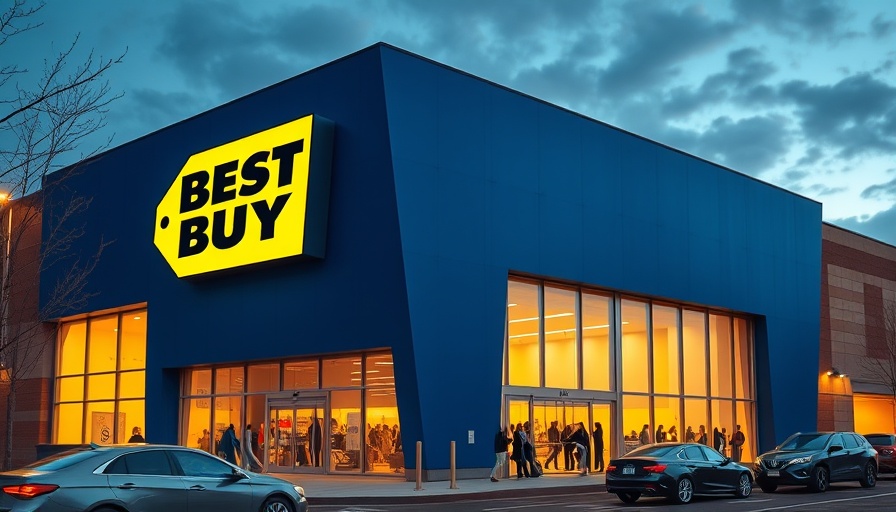
Understanding DEXA Scans: Not All Are Created Equal
Finding out how well your bones are doing is essential for maintaining overall health, especially as we age. One popular method is the DEXA scan, which uses low-dose X-rays to differentiate between bone, lean, and fat tissues. However, it's crucial to understand that not all DEXA scans provide the same level of detail. In fact, many facilities offer limited information, emphasizing the need for segmental bone analysis rather than just a whole-body assessment.
In 'Not All DEXA Scans Are Equal—Here’s What to Look For', the discussion dives into the significance of DEXA scans for understanding bone health, highlighting essential insights that sparked deeper analysis on our end.
Why Segmental Analysis Matters
Many DEXA scan providers focus solely on whole-body Bone Mineral Density (BMD), which yields only a z-score for the overall assessment. For those interested in a comprehensive understanding of their bone health, it’s important to request a scan that includes segmental analysis, providing detailed readings for areas like the left hip, right hip, and lumbar spine. This deeper insight can be critical for younger patients or those concerned about osteoporosis or osteopenia.
Estimating Costs: It Varies by Location
Another consideration when seeking a DEXA scan is the cost. Prices can range from $100 to $400, depending on the region and the extent of the analysis. For example, cities like New York and San Francisco might have higher fees compared to smaller markets such as Austin, Texas. Thus, doing a little research can help you find a more affordable option while ensuring you receive the necessary depth of analysis.
Understanding Your DEXA Results
Bone density results can be confusing, especially if measurements are reported without context. It’s not enough to find a single number; you have to understand whether you are above or below the average for your age group. When looking at your results, both the z-score and t-score are essential. The z-score compares your bone density to those in your age group, while the t-score compares it to a young, healthy adult. This gives you a clearer picture of where you stand in terms of bone health.
Common Misconceptions About Bone Health
Many individuals believe that bone health issues only arise in later years. However, younger people, especially women nearing menopause, should also pay attention. Issues like low z-scores in women aged 30-50 are concerning as they could indicate early signs of osteoporosis, often exacerbated by hormonal changes. Failing to recognize these signs early can be detrimental, highlighting the need for proactive monitoring.
The Role of Lifestyle in Bone Health
While DEXA scans provide valuable data, they aren’t the only component of maintaining strong bones. Regular weight-bearing exercises, a balanced diet rich in calcium and vitamin D, and reduction of smoking and alcohol consumption all play vital roles in bone health. Implementing a holistic approach that incorporates fitness and nutrition can enhance the insights gained from a DEXA scan.
A Proactive Approach: When Should You Get Your First Scan?
The recommended age to begin screening varies based on different health organizations. Many guidelines suggest starting at age 65 for women and 70 for men, but this can be adjusted for individuals with higher risk factors such as family history or prior health issues. Peter Attia, who advocates for a more proactive stance, believes women in their 30s should also consider getting a scan to establish their baseline BMD early in life.
Conclusion: DEXA Scans as a Tool for Better Bone Health
In conclusion, DEXA scans can be a powerful tool for assessing your bone health but require careful consideration in terms of the type of analysis and the facility you choose. By understanding the importance of segmental analysis, the cost factors, and the context of results, you can make informed decisions about your bone health. Regular monitoring combined with a healthy lifestyle is key to maintaining strong bones, especially as you age.
Take steps towards healthier living today. Consider scheduling a DEXA scan to better understand your bone density and overall health. Being proactive can lead to better outcomes as you strive for a longer, healthier life!
 Add Element
Add Element  Add Row
Add Row 



 Add Row
Add Row  Add
Add 


Write A Comment